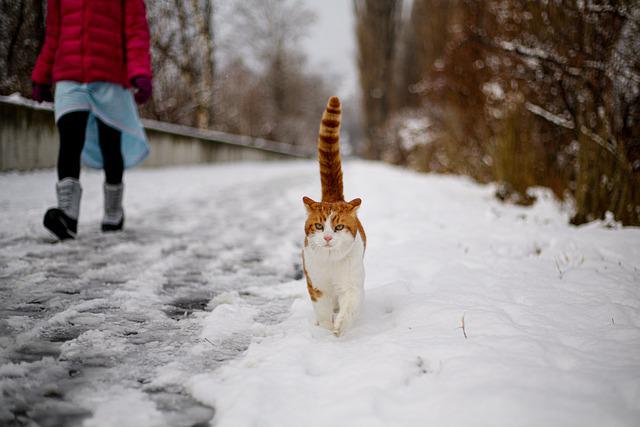Cats are obligate carnivores, which means that they need meat in order to thrive. Cats are also very sensitive to carbohydrates, which is why we recommend a diet free of grains and sugars. A healthy cat diet includes fresh water, high-quality food with meat as the first ingredient, and a variety of vegetables and fruits.
Getting Started: What to Consider When Feeding Your Cat
The first thing to consider when feeding your cat is the type of food. There are two types of food: dry and wet. Dry food is a good option for those cats that don’t drink much water and tend to eat less. Wet food is a good option for those cats that drink lots of water and eat more often. Secondly, you need to consider the brand of cat food you want to buy. Some brands are more expensive than others but they may also be healthier or taste better. In the same way, you would hire a quality dog walking franchise to walk your dog you will also need to make sure you feed your cat from a quality franchise/brand. There are many brands out there so it’s best to do some research before you buy one.
How can You Improve Your Cat's Diet by Changing What They Eat?
Cats are usually fed twice a day and they eat around 1/2 to 3/4 of a cup of food. Feeding your cat is an important part of their life. Cats are carnivores and need to eat meat, so it's important to feed them a high-quality diet. Cats are not picky about what they eat, but it is important that you pay attention to the ingredients in their food as well as how often you feed them.
Diet Tips for Cats
Like people, cats need a well-balanced diet to stay healthy. A diet that is high in proteins and low in carbohydrates is best for cats. Feed your cat a variety of foods to ensure that they are getting all the nutrients they need. This can include meat, fish, poultry, eggs, and vegetables.
Do not feed your cat table scraps or too many treats. This can lead to obesity and other health problems. Make sure that your cat has plenty of fresh water to drink. Keep your cat's litter box clean so that they do not get sick from using it.
What Do You Need to Know About Cats Eating Too Much or Too Little?
Cats are always a mystery to us. They come with their own set of needs and preferences. One of the most common problems that cat owners face is that their cats eat too much or too little. If your cat is eating too much, you should be able to tell by the weight gain or even vomiting. If your cat is not eating enough, you will see symptoms like weight loss, lethargy, and hair loss. The best food for cats with sensitive stomachs is wet food because it has fewer preservatives than dry food and it's easier to digest.
The best-canned food for cats would be one that has a high protein content because a lot of cats are lactose intolerant and cannot digest dairy products well.
Supplements may be necessary for cats
It's a common misconception that cats don't need nutritional supplements. The fact is, cats do need supplements - especially if they're eating a processed diet. Processed foods lack the nutrients and enzymes that cats need to stay healthy. That's where supplements come in. Supplements can help to make up for the nutrients that are missing from processed foods. They can also help to improve your cat's overall health and vitality.
There are many different types of supplements available for cats. Some of the most popular include probiotics, enzymes, and omega-3 fatty acids. Probiotics help to support gut health, enzymes help with digestion, and omega-3 fatty acids are beneficial for skin and coat health. If your cat is eating a processed diet, it's important to supplement their diet with these essential nutrients.
Conclusion
In conclusion, following these tips will help improve your cat's diet and overall health. Feeding your cat, a well-balanced diet will help keep them healthy and active, both mentally and physically. Remember to always consult with your veterinarian if you have any questions or concerns about your cat's diet. The Benefits include improved cardiovascular fitness, lower blood pressure, stronger muscles and bones (built up by walking regularly), and decreased stress.
